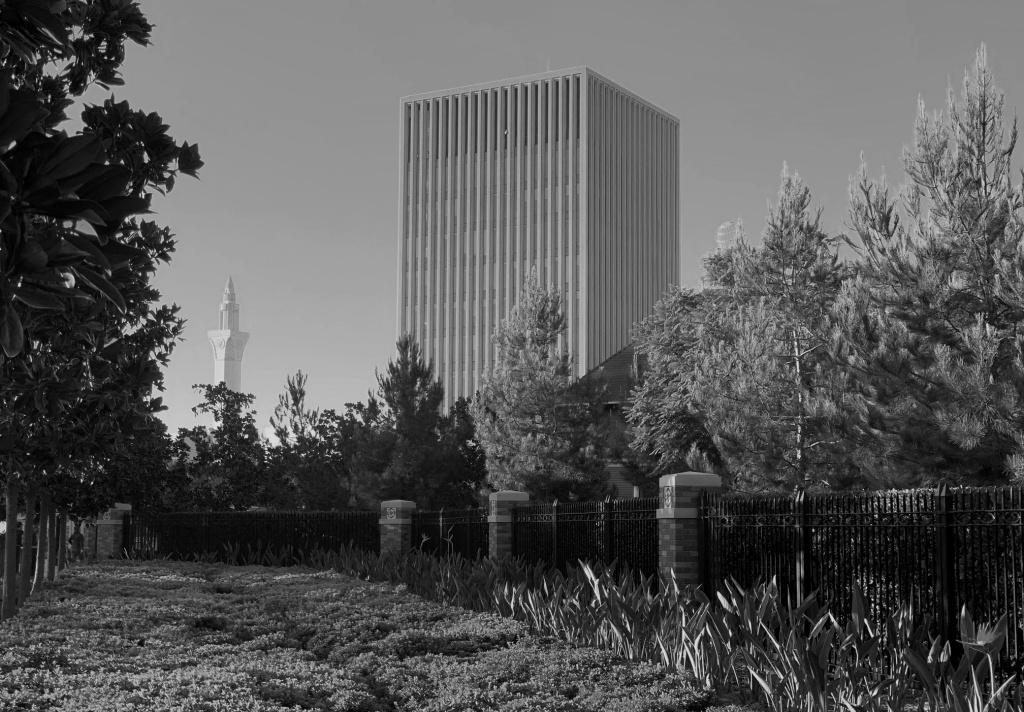
Pullias Center 25th Anniversary Reflections: Ronald E. Hallett
Ronald E. Hallett, Professor of Education in the LaFetra College of Education at the University of La Verne and a research associate at the Pullias Center of Higher Education, reflects on the Pullias Center’s 25th Anniversary in this fifth of a series of essays marking the occasion.
My research career began in the Pullias Center. I started as a research assistant in 2006, which was the second year of my doctoral program. I had taught students with special needs in low-income communities for several years as well as serving in the AmeriCorps program soon after finishing my undergraduate degree. At the time, I perceived research as an esoteric task that people created to prove their brilliance. For many reasons, I had little interest in spending my time cranking out publications that would collect dust on a shelf somewhere.
 Working in the Pullias Center shifted my understanding of research. The projects I worked on had the potential to address important issues that were facing the nation – as well as my family experienced. I grew up in a low-income community and most of my relatives had not graduated from high school. I was the first in my family to attend and graduate from college; however, my mother soon followed and my nephew recently became the third college graduate in my family. My first project focused on studying college access programs with the goal of increasing the number of students from low-income communities who could attend college. I had a vested interest in learning and finding solutions. Soon after, I began working on a study of the educational experiences of student who were homeless. Residential instability was something my family endured during my childhood.
Working in the Pullias Center shifted my understanding of research. The projects I worked on had the potential to address important issues that were facing the nation – as well as my family experienced. I grew up in a low-income community and most of my relatives had not graduated from high school. I was the first in my family to attend and graduate from college; however, my mother soon followed and my nephew recently became the third college graduate in my family. My first project focused on studying college access programs with the goal of increasing the number of students from low-income communities who could attend college. I had a vested interest in learning and finding solutions. Soon after, I began working on a study of the educational experiences of student who were homeless. Residential instability was something my family endured during my childhood.
Nearly 15 years later, I continue to serve as a researcher in the Pullias Center. My motivation for research remains the same. I want to engage in work that is meaningful and useful. In my time at the center, four elements have framed my work: actionable, collaborative, equity-oriented, and personal.
Actionable – Many of the projects in the Pullias Center included actionable elements. My first few years in the Center, I worked with the Increasing Access via Mentoring (I AM) and SummerTIME programs. Both of these projects involved creating and studying promising solutions that had been recommended by previous research. For example, I reviewed previous research on college knowledge and developed seminars related to preparing juniors and seniors from several of the lower performing high schools in Los Angeles for the transition to postsecondary education. We then studied how those initiatives worked and wrote articles related to what we had learned. The research emerging from the Center is actionable at the local, state and national levels.
Collaborative – The Center encourages collaboration on many different levels, which strengths the research and implementation of findings. The projects I have worked on in the Pullias Center have involved a team of researchers with different methodological and philosophical backgrounds. The team approach to research allows for engaging in large studies with rigorous designs with the intent of generating meaningful findings for researchers, policymakers and practitioners. The collaboration extends well beyond those who work in the Center. We work with researchers across the nation on projects. We engage policymakers in discussions about how to address important issues in higher education. And, we have long lasting relationships with practitioners who implement the recommendations in local contexts across the nation.
Equity-oriented – The Center focuses on achieving equity in higher education. Researchers affiliated with the Pullias explore a wide range of issues related to race, sex, gender, and socioeconomic status. In addition to studying issues related to undergraduate students, researchers also explore the experiences of graduate students, faculty and administrators to understand how to move the entire higher education system toward becoming more just and equitable. Several of the researchers in the Pullias Center are at the forefront of naming and working to resolve injustices. In addition to the research generated, the Center also raises up new scholars with diverse perspectives and backgrounds.
Personal – Working on projects within Pullias also has a personal component. I gravitated to the field of education many years ago because I wanted to help address issues that existed within my family and community. Each project that I have worked on in the Pullias Center allowed me to grow as an advocate for issues that I care deeply about. My current work involves returned to the university that I attended as an undergraduate to study how to improve the academic experiences of low-income students, many of whom are also the first in their families to attend college. Many of these students come from the communities where I grew up and have stories that reflect the challenges my family members continue to experience. While the work we are doing has national implications, this has also been my opportunity to reach back to my community and family as well.
The Pullias Center is poised to continue contributing to the higher education community over the next 25 years. Researchers in the Center will continue to engage with critical issues facing the local community, state and nation. I look forward to being a part of those efforts to push for equity and justice.